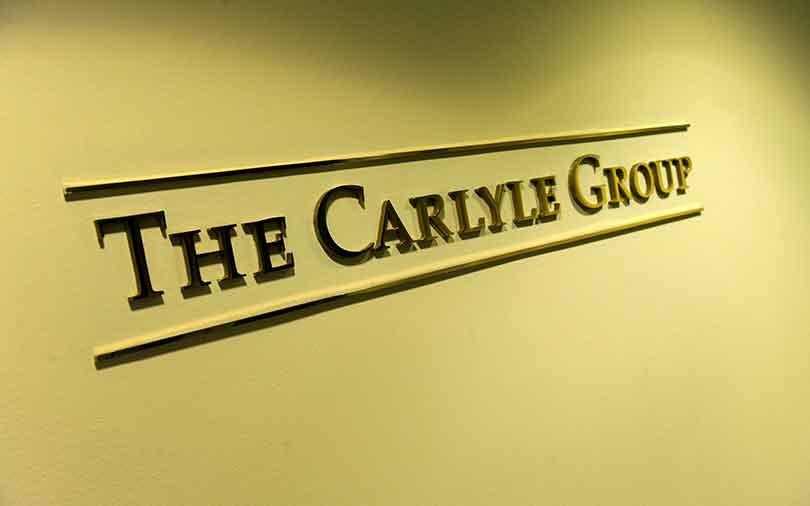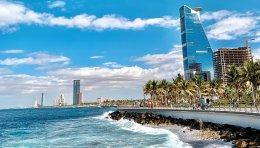Buyout firm Carlyle Group LP on Wednesday posted quarterly earnings that topped expectations while rival Apollo Global Management LLC's profits matched estimates as risk-taking investors facing a low-interest rate environment poured more money into their funds.
The strong results from Carlyle and Apollo mirrored a broader industry trend as a rising stock market boosted overall returns, offsetting a 9 percent fall in oil prices last quarter that dragged on the performances of some funds.
Carlyle shares jumped 4.5 percent to $21.63 while Apollo added 1.5 percent to $28.77.
Even though U.S. buyout fund returns have fallen to around 15 percent after accounting for manager fees, from the 20 percent range seen in the 1990s and at the turn of the century, the low interest rate environment has reduced returns elsewhere and left private equity as a stand-out investment.
"Why are people giving so much money to us? Because they see everything else as less attractive," said David Rubenstein, co-chief executive officer of Carlyle, which attracted over $8 billion in new money in the second quarter.
Washington-based Carlyle said its funds gained 5 percent between April and June, outpacing a 2.6 percent increase in the S&P 500 stock index .SPX.
That helped to lift performance fees, or fees earned from generating investment returns, to $299 million on a net basis, more than twice what was posted a year ago.
As a result, Carlyle's economic net income (ENI) more than doubled to $274.8 million after taxes from a year earlier.
That translated into ENI of 81 cents per share after taxes, well above analysts' estimates of 41 cents per share, Thomson Reuters I/B/E/S showed.
ENI is a crucial performance measure for U.S. private equity firms that accounts for unrealized gains or losses in investments.
Distributable earnings, which show cash available to pay dividends, stood at $199 million, or 56 cents a share, down from $288 million a year ago but up from $55.4 million in the first quarter.
Carlyle peer Apollo reported second-quarter ENI of $183.5 million after taxes, or 46 cents per share, matching estimates, according to Thomson Reuters I/B/E/S.
Apollo said its private equity investments only gained 1.9 percent in the quarter, partly because the fall in oil prices hurt performance.
Still, the New York-based fund managed to raise $24.6 billion for its ninth flagship buyout fund last quarter, the largest ever for a private equity fund by any firm.






